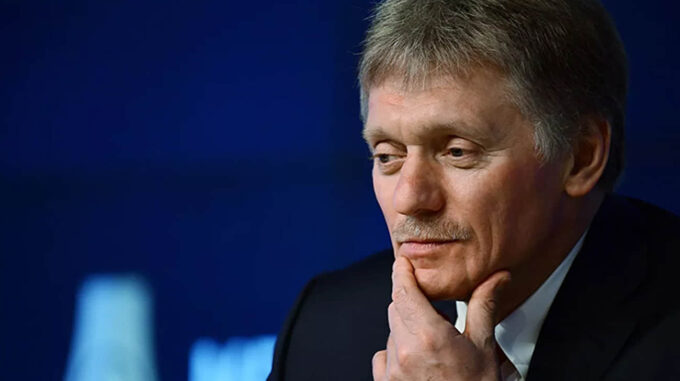The Kremlin sharply reacted to the statements from the West regarding potential sanctions and the possible ceasefire in Ukraine

A response from Moscow was issued on the eve of upcoming diplomatic negotiations and amid growing tensions surrounding the situation in Ukrainian territories. In response to the promises made by the governments of Germany, France, the United Kingdom, and Poland to impose new restrictive measures against Russia if a ceasefire is not established by May 12, the Kremlin again stated that the use of so-called "ultimatum language" is unacceptable. According to Dmitry Peskov, the spokesman for the Russian President, such signals are "extremely unfriendly and unconstructive," as Moscow considers it necessary to conduct a direct and substantive dialogue without hints of deadlines or oppressive conditions. Previously, attention was focused on the statements from the German government, which warned that if a ceasefire in Ukraine is not achieved by the end of this Monday, Berlin, together with European allies, is preparing to introduce a new package of sanctions aimed at further increasing pressure on the Kremlin. This prompted a sharp reaction from Moscow, which opposes any ultimatums and accuses the West of imposing "unilateral scenarios" that, in the Kremlin's view, destroy the possibility of constructive dialogue. Simultaneously with this political rhetoric, leaders of several European countries and the United Kingdom last Saturday called for a cessation of hostilities in Ukraine, proposing a 30-day ceasefire starting from Monday. At the same time, German Chancellor Olaf Scholz and other high-ranking officials presented this initiative during negotiations in Kyiv, threatening new sanctions if Russia does not agree to a ceasefire. French President Emmanuel Macron and his Western colleagues outlined extensive sanctions measures, planning to implement them if Moscow does not comply. Meanwhile, Russian President Vladimir Putin refrained from directly responding to the proposal of a 30-day pause in hostilities. Instead, he noted that a direct contact with Ukrainian authorities is expected this coming Thursday in Istanbul, and expressed willingness to engage in negotiations, adding that Moscow seeks a "direct and open dialogue" with Kyiv. Overall, the situation in the Ukraine crisis is once again entering a phase of diplomatic tension, with Moscow calling for respect for its position and refusing to recognize Western ultimatums, insisting on the possibility of constructive negotiations and seeking a diplomatic solution. This stance complicates efforts to reach a compromise and halt the conflict, which has already claimed many lives and caused extensive destruction.

